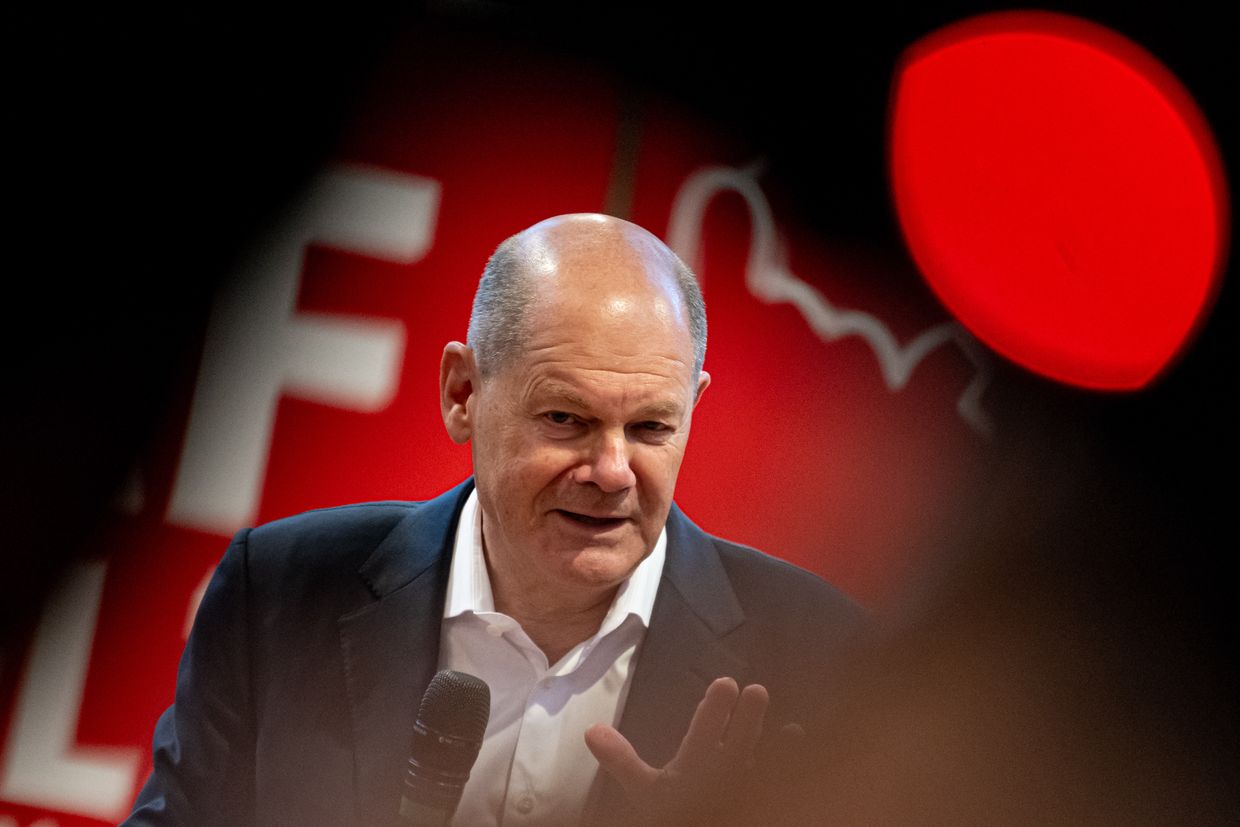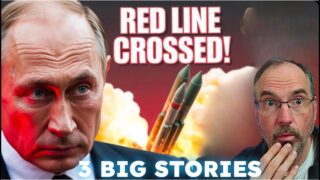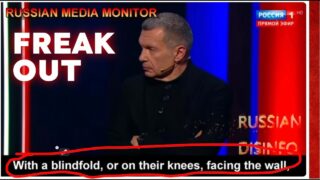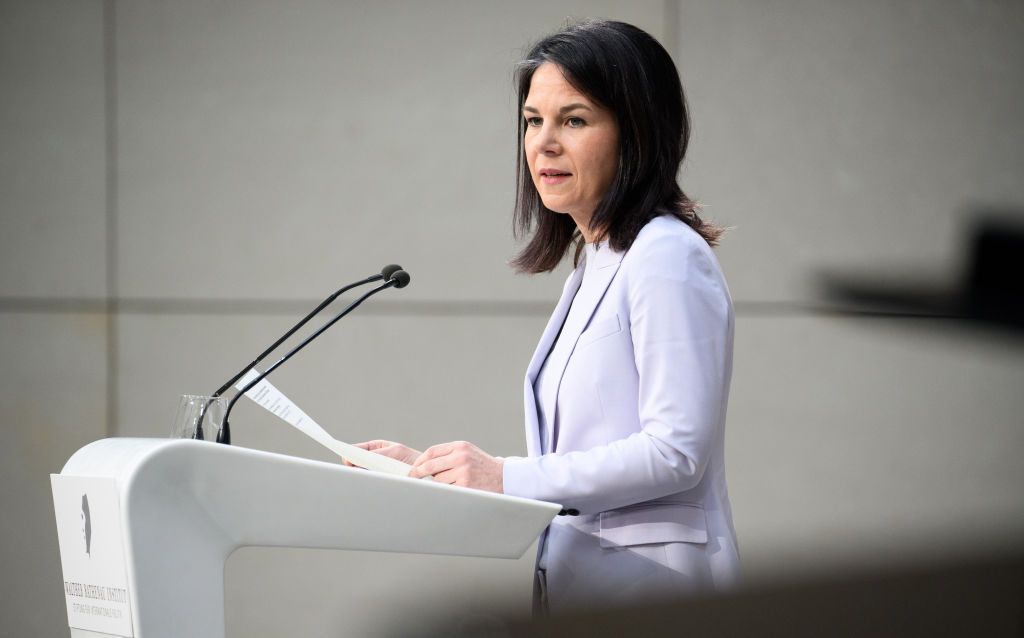
'Nothing new under the sun' — German, French foreign ministers react on Ukrainian long-range strikes
German Foreign Minister Annalena Baerbock and French Foreign Minister Jean-Noel Barrot reacted on Nov. 18 to Washington easing restrictions on Ukraine's long-range strikes.
Several media outlets reported on Nov. 17 that U.S. President Joe Biden permitted Ukraine to use its ATACMS missiles to strike against targets on Russian soil. According to some reports, this so far concerns only Russian and North Korean forces amassing in Russia's Kursk Oblast.
Baerbock welcomed that U.S. President Joe Biden allowed Kyiv to use US long-range missiles against targets in Russia, the German news agency DPA reported, citing German broadcaster RBB Inforadio.
"Ukrainians shouldn't have to wait for rockets to cross the border — they should be able to destroy launch sites directly," Baerbock said.
Baerbock, who represents the Greens, said her party stands with its Eastern European partners, as well as the British, French, and American governments, in allowing Ukraine to strike deep into Russia.
Barrot, during a meeting with journalists in Brussels, recalled that French President Emmanuel Macron had expressed his willingness to consider using French missiles to strike at Russian territory back in May.
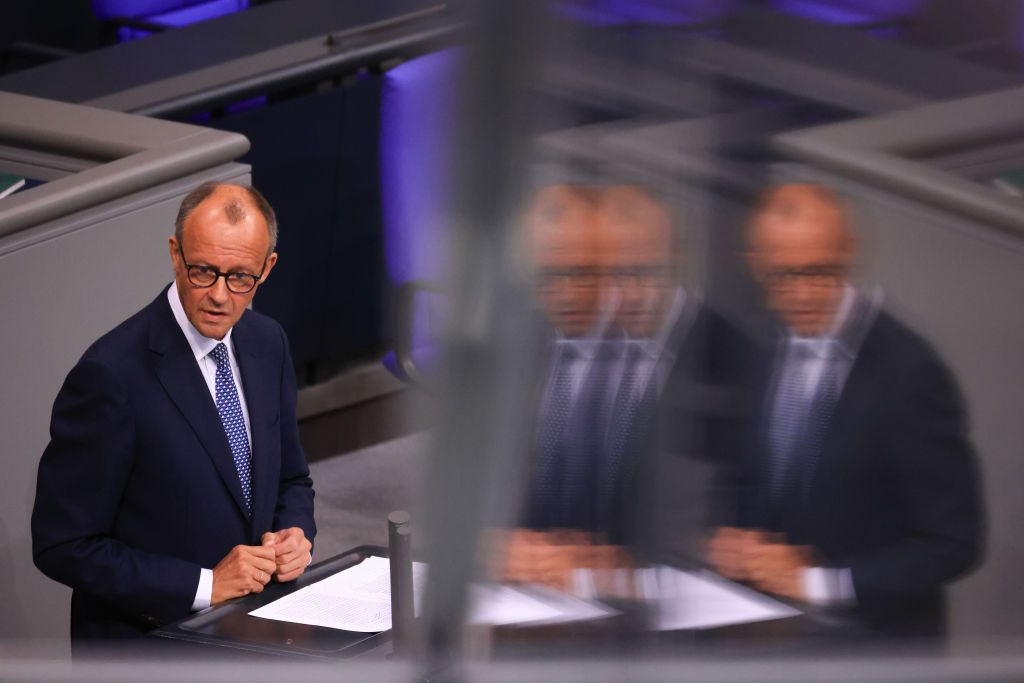

The French minister added that Paris remains "open" to allowing Ukraine to use French long-range missiles to hit military targets in Russia after the U.S. allowed Kyiv to use American missiles for the same purpose.
"We openly said that this was an option that we would consider if it was to allow to strike targets from where Russians are currently aggressing Ukrainian territory," Barrot told reporters in Brussels, Le Monde reported.
"Nothing new under the sun," Barrot added ahead of a meeting of EU foreign ministers.
Ukraine has previously received U.S.-made ATACMS and Storm Shadow/SCALP missiles from the U.K. and France, with a range of 300 kilometers (190 miles) and 250 kilometers (150 miles), respectively.
Yet, Paris and London have not permitted Kyiv to use their long-range weapons to strike deep into Russia amid Washington's doubts.
German Chancellor Olaf Scholz, in turn, is not planning to supply Ukraine with Taurus missiles despite the U.S. easing restrictions on long-range strikes.
Berlin's policy may soon shift as Germany heads toward snap elections on Feb. 23, with the center-right opposition alliance CDU/CSU currently leading the polls and threatening to oust Scholz.
